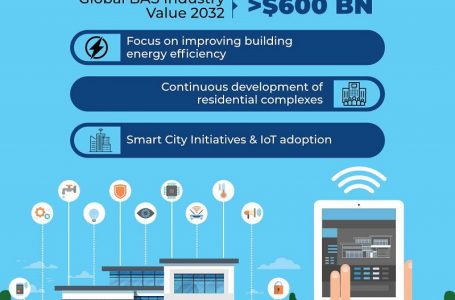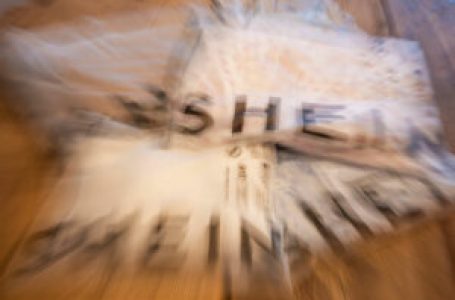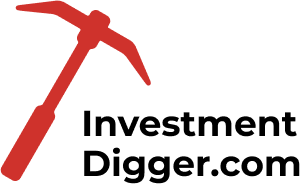HSBC CEO Quinn to leave following 5 years of ‘intense’ leadership as profits decline
HSBC Chief Executive Noel Quinn has announced his retirement after five years in the role. The surprise announcement was made as the London-based, Asia-focused bank reported a small decline in quarterly profits.
Despite the drop in profits, HSBC has confirmed plans for shareholder rewards, including a broader share buyback. The bank has already begun the search for Mr. Quinn’s successor, and he has agreed to stay in his position until a replacement is found. He will also remain available through his 12-month notice period, which is set to end on April 30th of next year.
In a statement, Mr. Quinn expressed his decision to leave the bank: “After an intense five years, it is now the right time for me to find a better balance between my personal and professional life. I intend to pursue a portfolio career in the future.”
Mr. Quinn has been leading HSBC since 2019, when he took over on an interim basis after the departure of former CEO John Flint. His leadership has been marked by a series of asset sales to focus on growth markets, particularly in China. This includes the sale of the bank’s French retail business, Canadian operations, and most recently, its business in Argentina.
In its quarterly results statement, HSBC reported pre-tax profits of $12.7 billion, slightly higher than analysts’ expectations. However, this was a decrease from the $12.9 billion reported in the same period last year. Like other UK banks, HSBC has faced rising costs and increased competition for customers.
The bank also announced two dividends, including a special award from the sale of its French retail bank. HSBC has also completed $3 billion worth of share buybacks, in addition to the $2 billion announced in February.
Following the news of Mr. Quinn’s retirement, HSBC shares remained flat in Hong Kong trading. Analysts attribute this to the CEO’s departure. The bank will now focus on finding a suitable successor to continue its growth in the Asian market.








